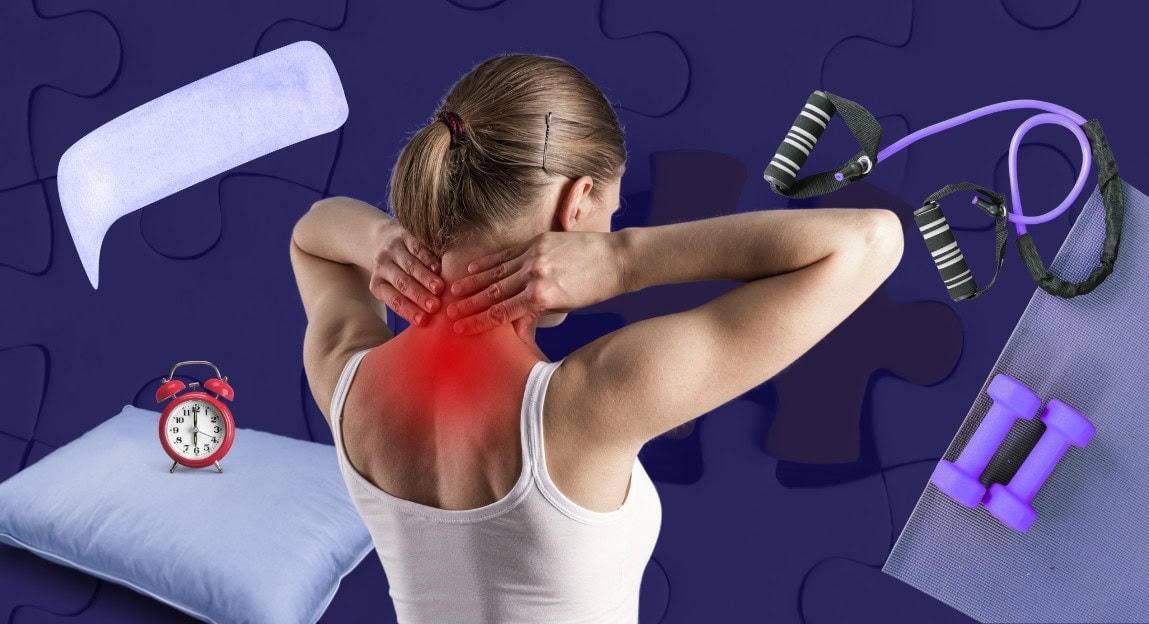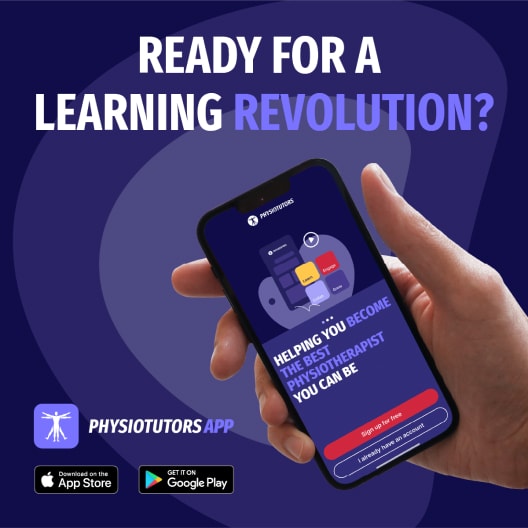

The Pain Puzzle: Unlocking Lasting Relief with Sleep, Exercise & Communication
€599,00
Prefer third-party payment? Use the option below.
- Language: Dutch
- Learn from a world-renowned pain researcher and the top author on central sensitization
- Accreditation for Kwaliteitshuis (KNGF & Keurmerk) & PQK requested
- Including delicious lunch, snacks & parking in front of the door
- Including study material
- Free goodie bag worth 30€ per participant
Instructors

Jo Nijs
Description
Extensive scientific research confirms the significant role that lifestyle factors—such as chronic stress, sleep problems, unhealthy nutrition, smoking, and physical inactivity—play in the development and maintenance of musculoskeletal pain, including conditions like headaches, neck pain, osteoarthritis, back pain, shoulder pain, fibromyalgia, and pain after cancer.
Many patients misunderstand their pain, which creates a major barrier to starting and maintaining exercise therapy or lifestyle changes. Scientific research also shows that physiotherapists are ideally positioned to remove this barrier through pain education. Once you, as a therapist, have mastered this skill, you can apply it across a wide range of patient groups, including those with musculoskeletal disorders like osteoarthritis, back and neck pain, post-surgical pain, persistent sports injuries, and cancer-related pain.
Pain education is an evidence-based part of treatment for these conditions, yet there is still significant room for improvement in its implementation. Moreover, pain education is often delivered in a didactic rather than patient-centered way.
This Physiotutors two-day course aims to address that gap—by practically guiding participants to upgrade pain education into pain communication, and to combine it with lifestyle interventions such as sleep training and exercise therapy for patients with persistent pain.
We hope it doesn’t end with words—but that you’ll join us in action. Together, let’s rise to the challenge of the chronic pain pandemic!
Study goals
-
During this two-day Physiotutors course, participants will:
-
Learn how to integrate lifestyle improvements into their care for patients with persistent musculoskeletal pain through effective pain communication;
-
Understand that physiotherapists should deliver pain education in a patient-centered manner—and that motivational interviewing is a valuable tool in achieving this;
-
Learn how to combine pain education with sleep training for patients with persistent musculoskeletal pain;
-
Learn how to combine pain education with cognition-targeted exercise therapy for patients with persistent musculoskeletal pain.
-


